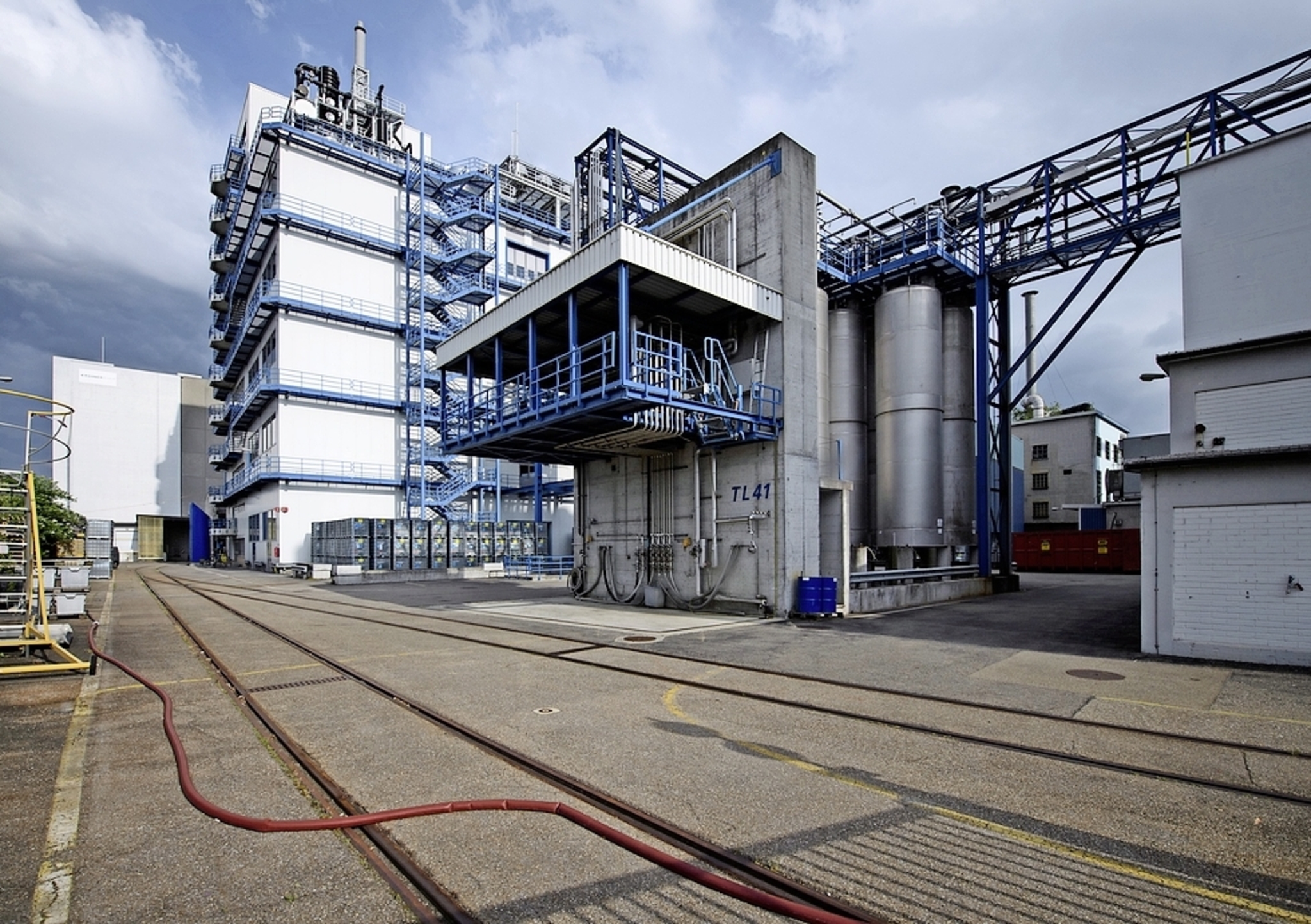
RohnerChem ceases operations after environmental issues
Submitted by:
Andrew Warmington
Swiss fine chemicals firm RohnerChem announced on 24 June that it is ceasing operations after 113 years. An internal memo had been issued to the 200 or so employees on 21 June. This followed a shutdown enforced by local authorities because of recurrent environmental issues at the site at Pratteln, near Basel, and the knock-on effects on customers.
According to the local press and company executives at DCAT Week, RohnerChem had full order books in March but the closure and negative media coverage “had led to great insecurity and irritation on the part of the customers”. This in turn led to cancelled orders and an 80% fall in production levels.
The firm was no longer able to pay wages in full, something employee representatives registered with the cantonal authorities, or to pay suppliers of all kinds. There were 94 debt enforcement actions pending against it and Industrielle Werke Basel ceased gas deliveries “because of outstanding payments”. The board was unable to secure finance because of the continued uncertainty, making the ending inevitable.
The spiral of events began on 25 February, when a routine inspection by Basel’s Construction & Environmental Protection Directorate (BUD) identified groundwater contamination caused by an accident in a power line tunnel. This proved to be considerably more serious than the firm had first said; BUD estimated that around 15 million litres of industrial wastewater had entered the subsoil since November 2018.
The materials found were said to include “various organic solvents and volatile organic compounds used in chemical production as well as starting materials for the production of chemical-pharmaceutical products”. At a cost of about SF 300,000, BUD installed groundwater pumps in the area of worst contamination and pumped about one third of it – 1,600 m3 - into the ARA Rhein treatment plant for purification between 5 and 18 March, while RohnerChem repaired the pipes. There was no direct threat to human health, the directorate confirmed.
BUD gave RohnerChem until 1 June to prove that its wastewater system was leak-proof, while the Federal Office for the Environment & Energy (AUE) ordered it to reduce the amount of contaminated liquid waste stored at the site to below 50 tonnes by the same day. The company was unable to do either – in fact, liquid waste levels rose from 100 to 160 tonnes as of 4 June. As a result, the decommissioning of the wastewater system and the closure of the tank farm were ordered on 6 June.
The company, originally known as Rohner, had often received critical media coverage in the past because of concerns about environmental standards. In December 2000, Basler Zeitung reported, BUD gave it permission to exceed the limit values of the Clean Air Ordinance in Building 9 by 50-70%, with a transition period of 16 years instead of the usual five.
Concern for the 300 jobs then at the site were cited then, and again in 2005, when Groupe Novasep, which had acquired it as part of Dynamic Synthesis, announced that it would either sell or close the site. In the end, it was acquired by private equity firm, Arques Industries, of Munich in February 2016 and relaunched as RohnerChem, with a much reduced workforce.
In February 2016, there were two separate incidents in two days, when an explosion at the site injured two employees and damaged parts of the production facilities. Then, a strongly odorous substance, ethanethiol, escaped into the air during waste disposal. There was no danger to the public, but considerable media coverage.
Following the latest announcement, DHL commented that the tale “highlights the increasingly disruptive impact that environmental pollution can pose to supply chains and is a case in point for why companies should proactively monitor their suppliers to reduce response times and avoid costly supply shortages”.
